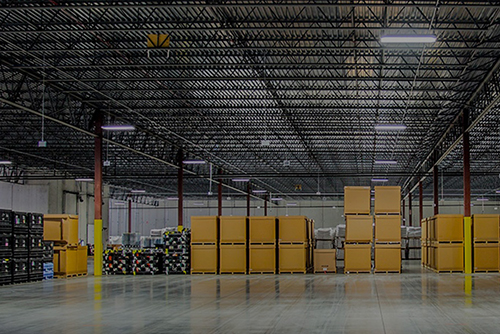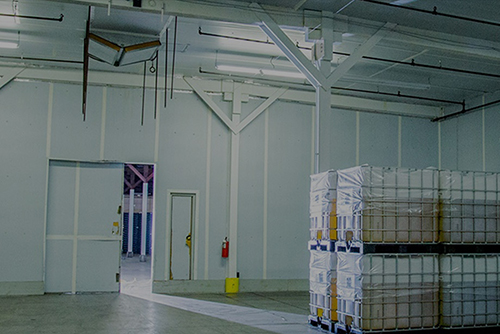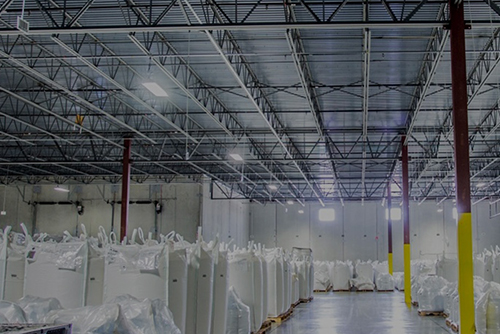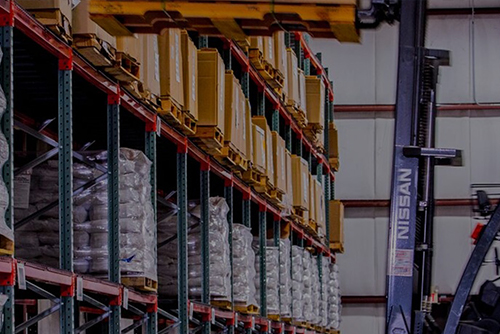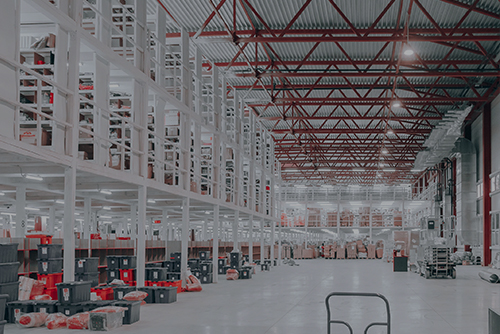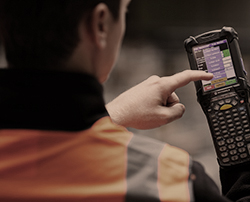For a thriving Third Party Logistics Provider (3PL), a clean and sanitary storage space is an obvious must have. Suppliers want to know that their 3PLs are going to great lengths to ensure warehouses are as clean and safe as possible. One way to be sure that a 3PL is a champion in the area of sanitation is to inquire if they hold a food grade certification for their GMP (Good Manufacturing Procedures). For obvious reasons, 3PLs who manage food distribution are required to maintain much higher operating standards than those who don’t store foods, so suppliers can be sure that certified food grade 3PL’s are going above and beyond to keep warehouses in top notch sanitary condition.
What does the Certification Prove?
In order for a 3PL to become certified as food grade, they need to have programs in place that ensure that they are excelling in the following areas:
Master Sanitation:
First and Foremost is keeping the Warehouse in tip top sanitized shape. Certified companies have master and daily cleaning schedules in place, as well as written outlines for employees and lists of all cleaning solutions. It is also important to have multiple viewers or sets of eyes making sure that sanitation is up to standard. Tools for measuring cleanliness may also be appropriate as the human eye can’t catch everything.
Personal Hygiene and Employee Training:
Things like washing hands in specific sinks and using top tier drying devices may sound obvious, but that doesn’t mean that they are not extremely important. Certified 3PLs strictly enforce personal hygiene policies and provide all employees with special training in the areas of food safety, hygiene, quality awareness and record keeping for traceability.
Pest and Chemical Control:
Certified companies are required to lay anti-pest substance around all food grade perimeters and continuously inspect for pests. They also need to keep records of all chemicals used including pest-control and cleaning substances, and keep records of any changes in chemicals used.
Warehouse Traceability:
In terms of food grade warehousing, this means ensuring that products are rotated correctly and shipped on schedule without remaining in the warehouse too long. This is critical because it exemplifies that the warehouse is confident in its product cycling processes and is willing to remain transparent. If their is a recall on a specific product, it’s important to understand where the issue occurred, thus every step of the supply-chain, including the warehouse storage unit needs to have a traceability program in place.
Certified Food Grade Warehouses that excel in the areas above ensure that the foods we eat everyday are expertly maintained and arrive in tip top shape to stores and grocers.
Who Does the Certifying?
There are a wide variety of certifications that 3PLs can utilize and maintain for attaining Food Grade Warehousing. Distributors Terminal voluntarily utilizes American Institute of Baking (AIB) inspections to maintain an AIB Food Grade certification for their GMP’s. AIB is one of the largest and most recognized certifiers of Food Grade Warehousing in the world. AIB ensures that all HAACP warehousing standards are met and that warehouses are going above and beyond in the critical areas that we discussed above. Two other highly recognizable inspection services for Food Grade Warehousing include: the British Retail Consortium (BRC), and the Safe Quality Food Institute (SQF). These two certifiers are similar to the AIB, however their inspections are even more intense than the those of AIB, enforcing some of the highest known standards for GMP Food Grade Warehousing. While Distributors Terminal is currently following the standards of the AIB certification, we are very familiar with the guidelines of the BRC and SQF and are happy to go through inspections for any company that may desire a maintained certification from either inspection service.


